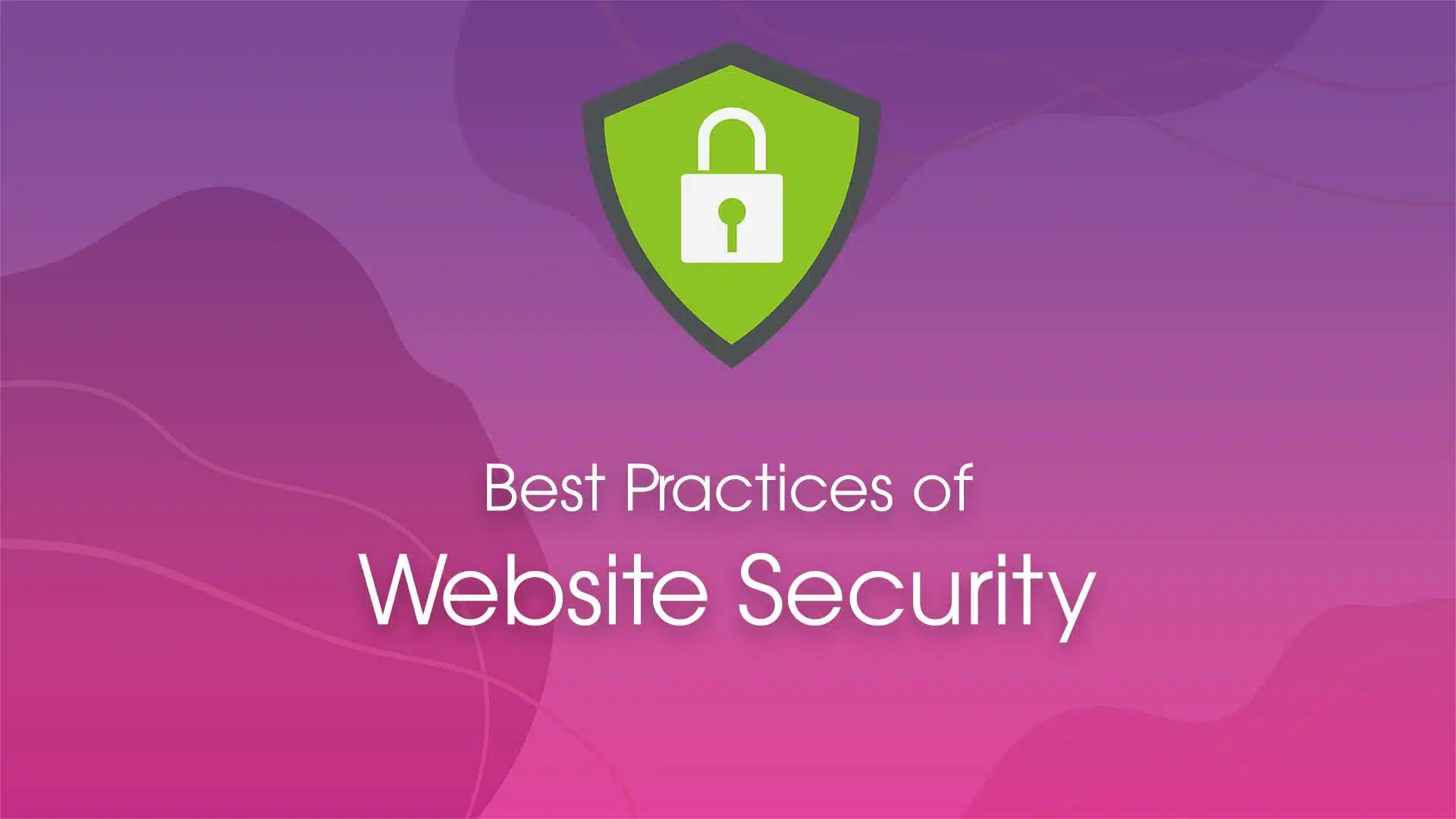Website security is a critical component of maintaining a successful website. A single security breach can result in lost data, damaged reputation, and financial losses. In this blog post, we’ll discuss some website security best practices that can help you protect your website and users.

Table of Contents
Keep Your Website Software Updated
Keeping your website’s software up to date is one of the easiest and most effective ways to secure your website. This includes updating your Content Management System (CMS), plugins, and themes to the latest versions. The latest software versions often include important security patches that address vulnerabilities that could be exploited by hackers.
Implement HTTPS and SSL Certificates
Implementing HTTPS and SSL certificates is another way to secure your website. HTTPS encrypts data exchanged between your website and its users, making it more difficult for hackers to intercept and steal information. SSL certificates verify your website’s identity and ensure that the data being transmitted is encrypted and secure.
Use a secure hosting provider
Choosing a secure hosting provider is essential for website security. Look for a hosting provider that offers SSL certificates, firewalls, malware scanning, and other security features. Additionally, make sure the hosting provider has a good reputation for security and uptime.
Use strong passwords
Strong passwords are essential for preventing unauthorised access to your website. Use a combination of uppercase and lowercase letters, numbers, and symbols. Avoid using common words or phrases, and never use the same password for multiple accounts.
Implement Two-Factor Authentication (2FA)
Two-factor authentication (2FA), For example Authy, adds an extra layer of security to your website by requiring users to provide a second form of verification, such as a code sent to their phone. This can prevent unauthorised access to your website, even if a password is compromised.
Use Security Plugins and Tools
Use security plugins and tools to monitor your website for vulnerabilities and suspicious activity. These plugins can detect and block brute force attacks, malware, and other security threats. Some popular security plugins include Wordfence, Sucuri Security, and Jetpack Security.
Backup your website regularly
Regularly backing up your website can help you quickly recover in the event of a security breach or data loss. Make sure to store backups in a secure location, such as a cloud storage provider or an external hard drive.
Educate yourself and your users
Finally, educating yourself and your users on website security best practices is critical. Stay informed about the latest security threats and vulnerabilities, and provide resources and guidelines to your users to help them stay safe online. You can also provide security training for your employees and team members to ensure everyone understands their role in maintaining website security.
By following these website security best practices, you can help protect your website and users from potential security threats. Keep in mind that website security is an ongoing process, and it’s important to regularly review and update your security measures to stay ahead of evolving threats.
